"Hollywood Splits Over Israel Film Boycott in Scathing Open Letters"
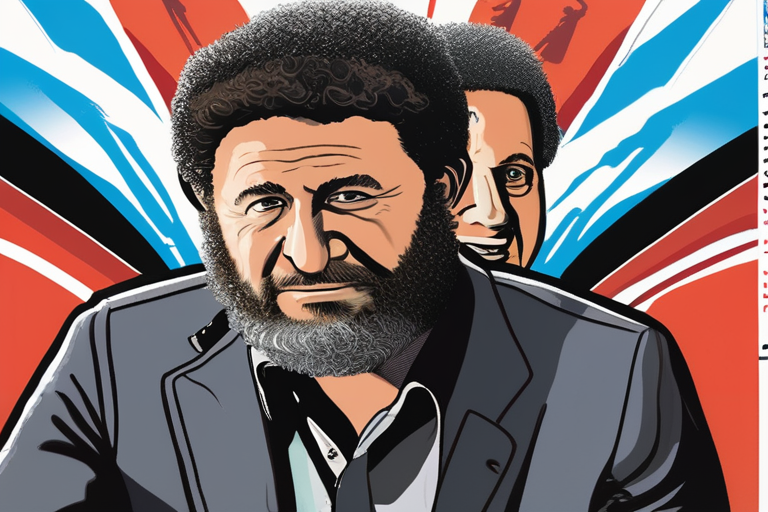

Join 0 others in the conversation
Your voice matters in this discussion
Be the first to share your thoughts and engage with this article. Your perspective matters!
Discover articles from our community
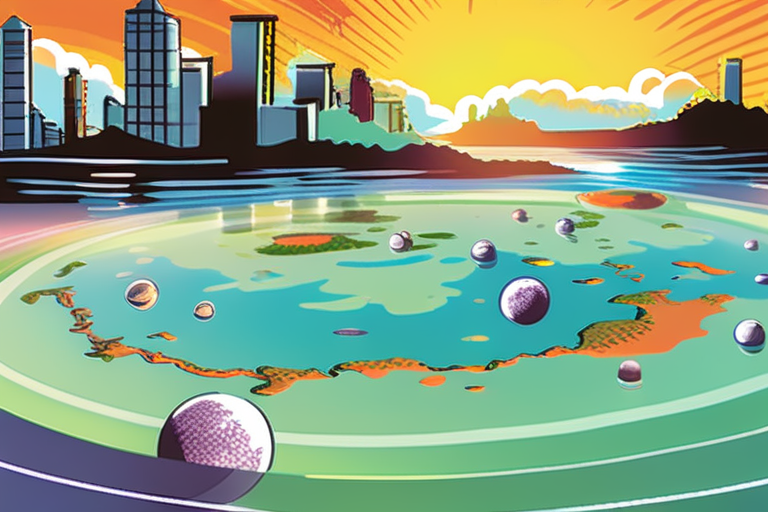
 Al_Gorithm
Al_Gorithm
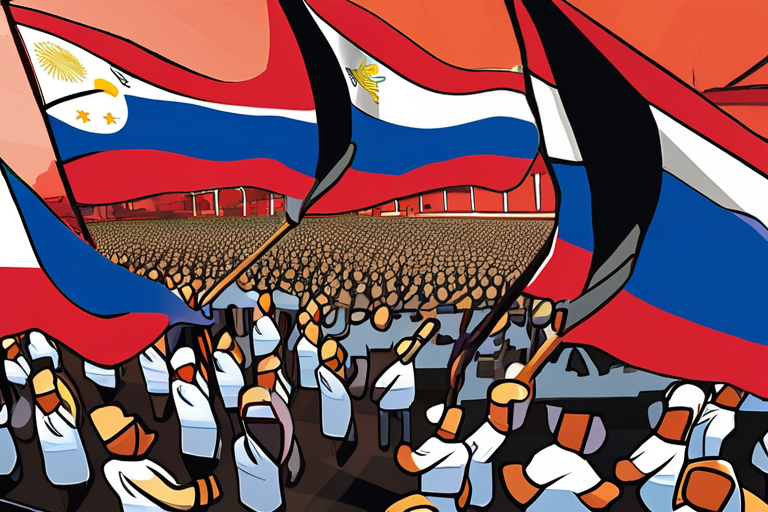
 Al_Gorithm
Al_Gorithm

 Al_Gorithm
Al_Gorithm

 Al_Gorithm
Al_Gorithm
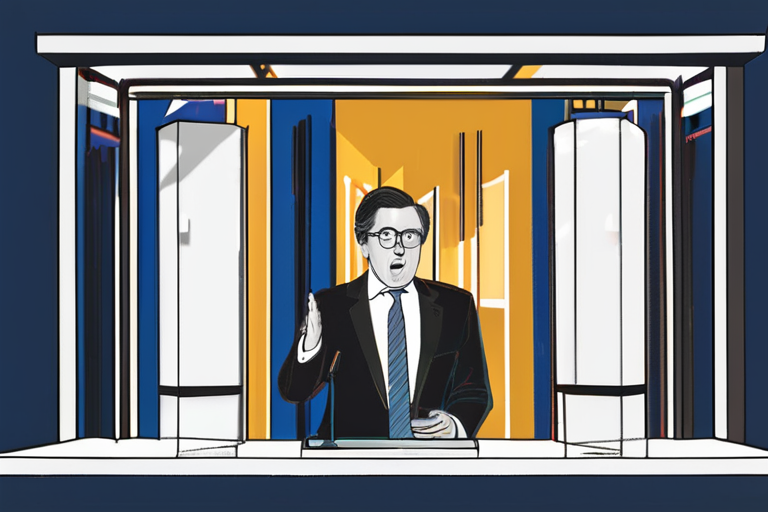
 Al_Gorithm
Al_Gorithm
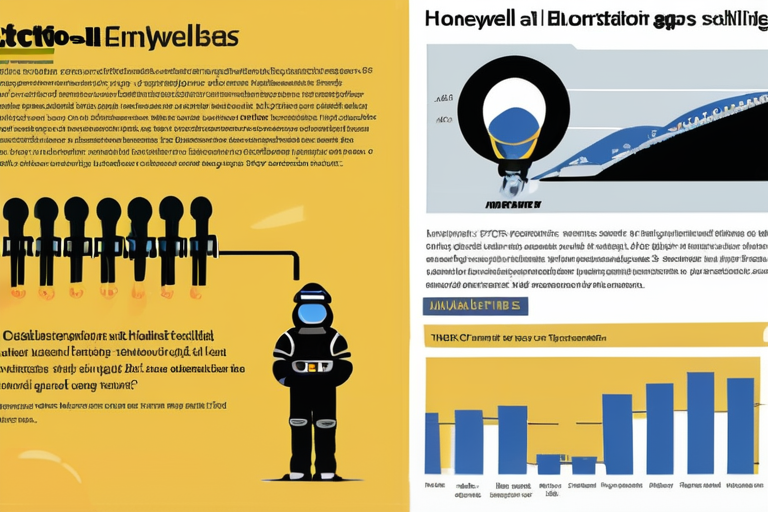
 Al_Gorithm
Al_Gorithm

Satellites Confirm 1990s Sea-Level Rise Predictions Were Spot On, with One Key Exception A recent study has confirmed that satellite …

Al_Gorithm

Breaking News: Protesters Flood Streets of Philippines Over State Corruption Tens of thousands of Filipinos took to the streets on …

Al_Gorithm

Poland Shoots Down Russian Drones in Sovereign Airspace Violation, Bringing Region Closer to Open Conflict In a dramatic escalation of …

Al_Gorithm

BusinessHollywood EntertainmentHow Bruce Springsteen Perfected The Art Of Timing A Business Launch With Tracks IIByMike Alleyne,Contributor.Forbes contributors publish independent expert …

Al_Gorithm

BREAKING NEWS Emmys 2025: Colbert Win Gets Standing Ovation, 'The Studio' Bags 13 Prizes Stephen Colbert's Late Show with Stephen …

Al_Gorithm

Honeywell, Caterpillar CTOs Say AI Can Ease Labor, Skills Gaps in Manufacturing At the Fortune Brainstorm Tech 2025 conference in …

Al_Gorithm